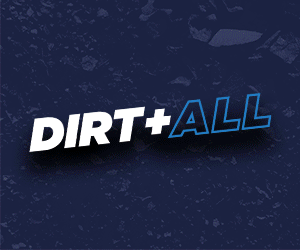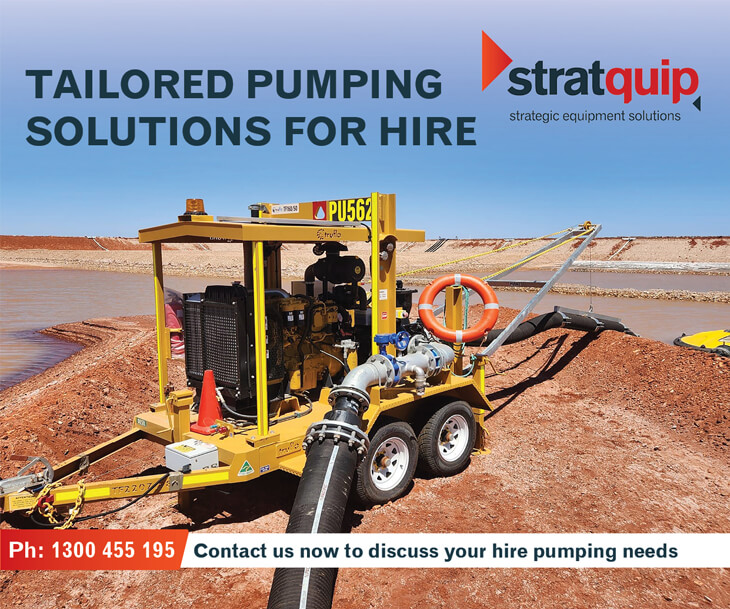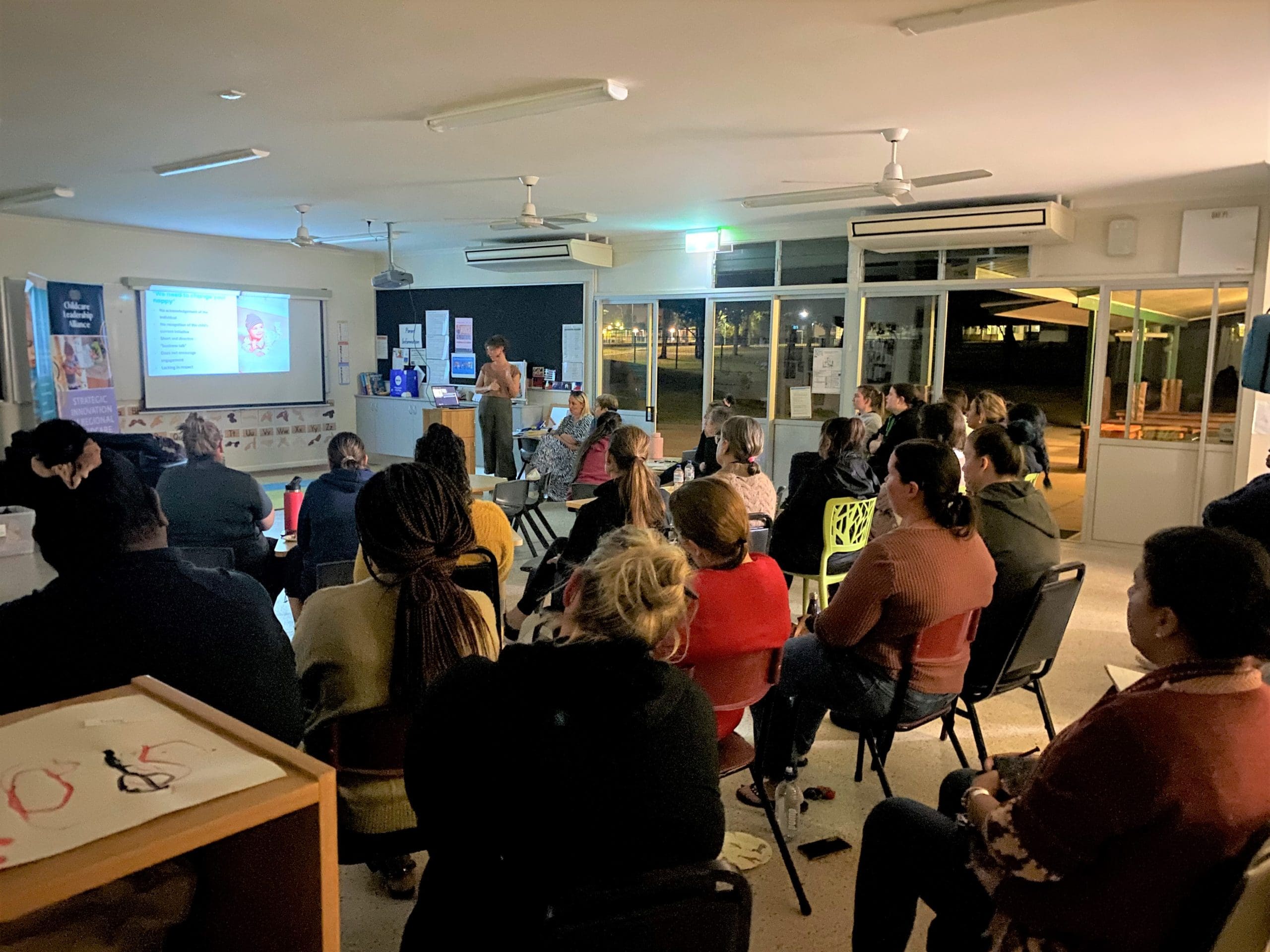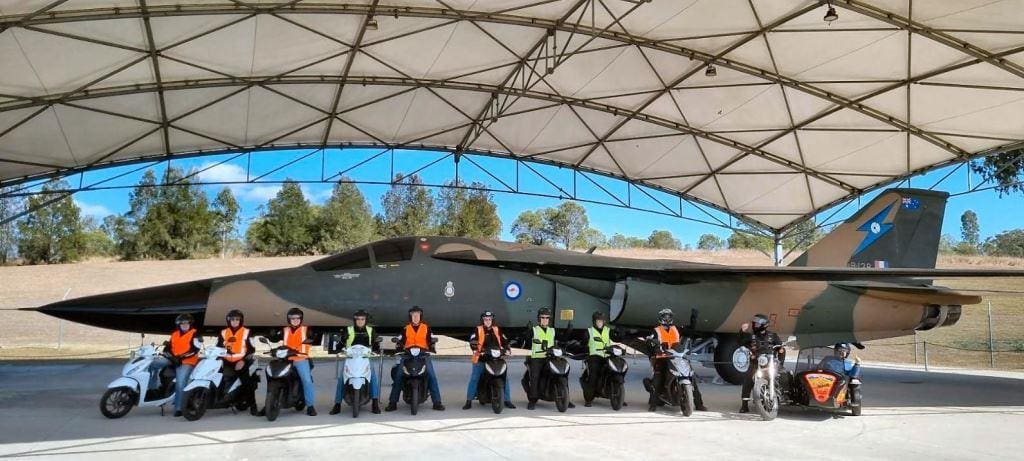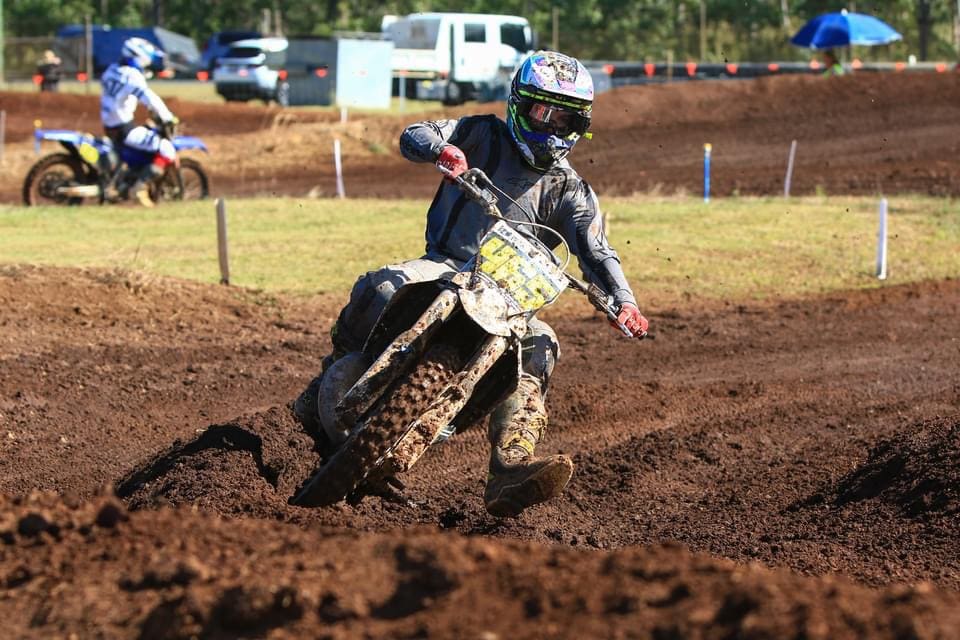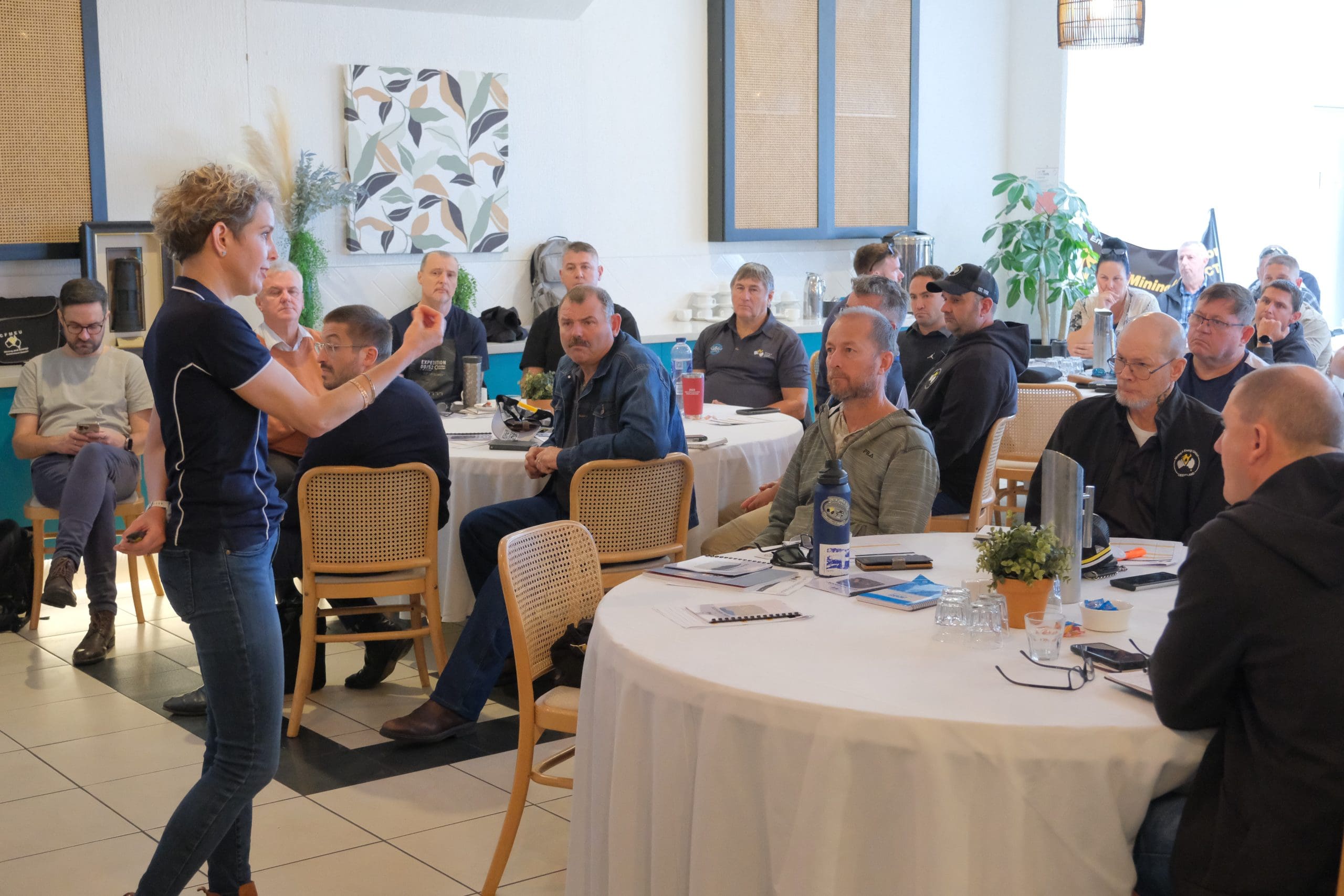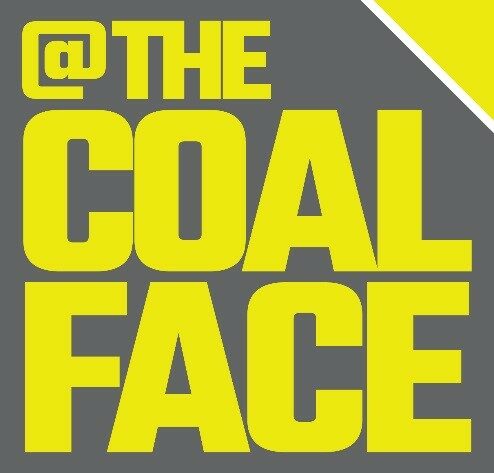It’s a question we answer almost subconsciously when we are experiencing an event that is stressful or frightening, and no event is more frightening than a car accident that could kill you.
In 2018, Brandon Robinson-Smith was a plant mechanic working at a local mine in Mudgee.
Brandon, then 21 years old, had just finished a 12-hour night shift.
“I felt fine when I left work, I went home, picked up my wife and drove her to town still feeling good. I had breakfast, had a Dare mocha and grabbed fuel.
“On the drive home I actually rang the fella who came in on day shift after I did and did a handover so I was talking to him for most of the drive. When I got off the phone call, I was tired. I knew a sleep was coming and I was planning to pull over in a safe spot to nap.
“But, the sleep came a little quicker than I hoped and I came off the edge of the road.”
Brandon was woken by trees brushing against the car. He tried to right his ute, but speed took control, the ute rolled and it was all too late.
“Adrenalin kicked in and my body went into fight or flight, and I obviously chose to fight.
“I shuffled my way around the ute and saw my work phone sitting in the door trim. I managed to find a spanner, pulled the phone out and called triple zero,” Brandon said.
Somehow, he mustered the willpower to make the call and tell the operator on the other end what had happened and exactly where he was.
He knew the road well too, it was just four kilometres from his front gate.
NSW Ambulance paramedics were quickly on the scene treating Brandon and working to save his arm and shoulder, which were lying in the gravel on the side of the road.
Paramedics drove Brandon to the closest airport where they met the Westpac Rescue Helicopter. He was flown straight to Westmead Hospital for treatment on his shoulder and his pelvis, which was also fractured in the accident, as well as cuts and grazes.
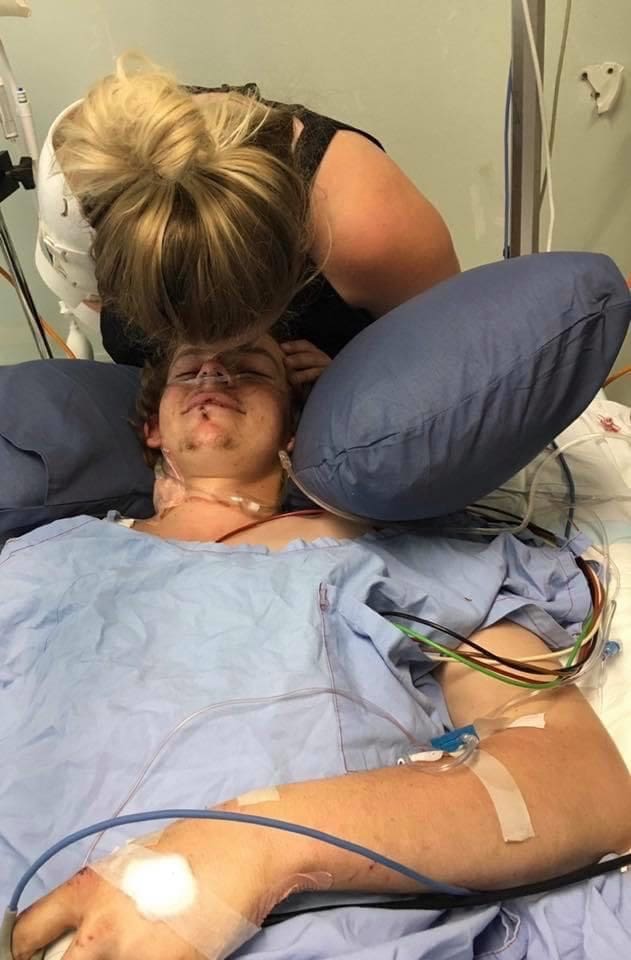
There was a chance that Brandon’s arm could be saved, but ultimately the risk of infection was too great and it was too hard to re-attach.
Brandon spent five days in intensive care before being transferred to the rehabilitation ward. He was told he would be in the hospital for 10 weeks, but Brandon was determined to get home.
He was out in three.
Brandon still marvels at the willpower he mustered on that fateful day in 2018, and he can’t thank the rescue helicopter more for what they did for him.
“The outcome would never have changed. I would have always lost my arm, but the longer you leave the wound the risk of infection grows and it could’ve been a lot worse.
“I am forever grateful for what the helicopter crew did for me on that day.
“I’ve never been in a helicopter before so I’m spewing that I was so high that I don’t remember it,” Brandon laughed, “but I am forever grateful for it.
“That’s the hardest part, as much as the helicopter crew did for me, I don’t really remember any of it.”
It wasn’t long until Brandon was back at work going from being on the tools to behind a desk.
When he’s not in the office, Brandon speaks about his accident at workplaces and schools. He said he really enjoyed the school visits because it was a chance to talk about his experience and show kids what could happen behind the wheel if you’re not paying attention.
It’s also a chance for him to talk about mental health and how his accident affected him, not only back then but most recently as he only just started to see a psychologist six months ago after he started to spiral.
“I had a minor car accident and everything came flooding back. My wife and I nearly split up because I was pushing everyone away. It’s not weak to talk about it, but building the courage to do so is a different thing.”
Ever since his accident, Brandon has always supported the rescue helicopter.
“My outcome was realistically never going to change, but for other people it’s life or death, it’s a matter of getting to the hospital or not.”
Everyone in NSW knows the sound of the rescue helicopter, none more so than those who have used it.
The sound of the helicopter is both comforting and heart-stopping. You know someone who really needs it is getting help immediately, but you also know that person is possibly going through the worst time in their life.
The rescue helicopter can’t do what it does without the community’s support.
There are a number of fundraising initiatives held throughout the year to keep the chopper in the air and help people like Brandon.
Over the past couple of months, the 2023 Rescue Balls have been held in Tamworth, Hunter, Upper Hunter, Northern and Central Coast regions. Last year the Hunter Rescue Ball held in Newcastle raised more than $250,000 while the regional events raised between $40,000 and $50,000. Then there are Charity Golf Days, raffles and the End of Financial Year Appeal which is one of the biggest fundraisers of the year.
The events don’t only support the paramedics, doctors and flight crews, it’s also for the upkeep of the helicopters that don’t just go for a $500 service, it’s more like a $162,000 service. Most importantly, they ensure the Westpac Rescue Helicopter Service is always there when you need it.
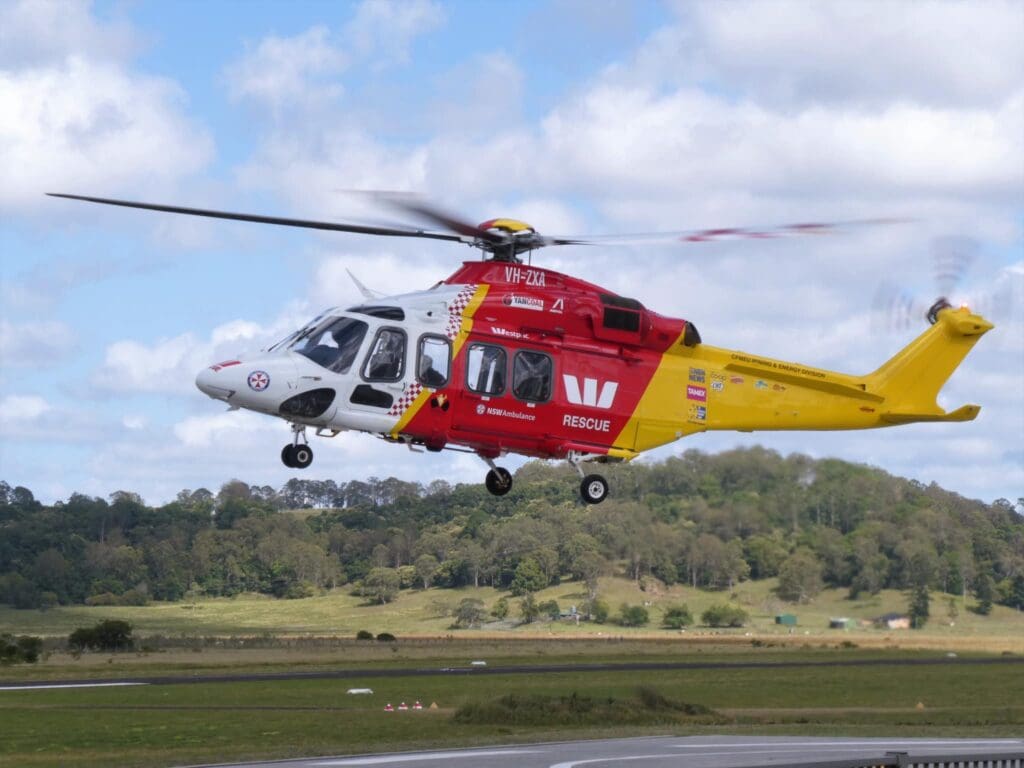
| You can find out more, how to donate and how to volunteer for the service in your community here: https://rescuehelicopter.com.au/ |


